The apex court refused to frame nationwide guidelines on suspension or blocking of user accounts by social media platforms, saying such policy matters fall within the government’s domain.
New Delhi | October 11, 2025
In a case that could shape India’s digital rights framework for years to come, the Supreme Court on Saturday declined to entertain a public interest petition seeking uniform national guidelines on how social media platforms suspend, block, or delete user accounts.
The bench, while dismissing the plea, made it clear that questions of content moderation, intermediary liability, and digital platform accountability are matters best left to Parliament and the Ministry of Electronics and Information Technology (MeitY).
The decision was met with mixed reactions — creators and small business owners expressed disappointment over the lack of judicial clarity, while policy experts said the Court’s restraint respects the principle of separation of powers.
The Case: What Was at Stake
The petitioner had requested the Supreme Court to establish pan-India due process standards for social media suspensions — including advance notice before account action, written reasons for takedowns, and a fair appeal mechanism.
They argued that millions of Indians now depend on social media platforms not just for expression, but for livelihood — as content creators, small entrepreneurs, educators, and artists.
The plea stated that arbitrary account bans violate users’ fundamental rights to equality (Article 14) and freedom of speech and expression (Article 19(1)(a)) under the Constitution.
It cited instances where users, including journalists and independent creators, had their accounts restricted or deleted without prior warning, sometimes due to algorithmic errors or policy misinterpretations.
Court’s Reasoning: Policy vs. Judicial Intervention
The Supreme Court bench, however, declined to intervene. It observed that while user concerns are valid, the regulation of digital intermediaries falls within the executive and legislative domain, particularly under the Information Technology Act, 2000 and its subordinate IT Rules (2021).
According to reports, the Court stated that framing a “one-size-fits-all” judicial policy for social media moderation could encroach upon ongoing regulatory processes by MeitY.
A senior legal correspondent summarised the sentiment:
“The judiciary has signalled that this is a governance question, not a constitutional vacuum. The digital space evolves too quickly for the court to write the rulebook.”
The bench encouraged stakeholders to continue engaging with MeitY’s ongoing consultations for updated Digital India Act provisions, which are expected to include clauses on user redressal and platform accountability.
The Bigger Picture: What the IT Rules Say
Under the IT (Intermediary Guidelines and Digital Media Ethics Code) Rules, 2021, platforms are required to:
- Publish community guidelines and removal procedures.
- Acknowledge user complaints within 24 hours and resolve them within 15 days.
- Appoint grievance officers in India.
- Remove unlawful content upon court or government orders.
However, these rules primarily focus on content and compliance rather than account-level enforcement — leaving ambiguity on suspensions, deactivations, and shadow bans.
The IT Rules, 2021 also introduced a Grievance Appellate Committee (GAC) earlier this year, allowing users to appeal content takedowns. But whether this extends to full account bans remains unclear.
Voices from the Digital Ecosystem
The ruling has reignited debate among technologists, creators, and legal scholars.
Nikhil Pahwa, founder of MediaNama and a long-time digital rights advocate, said:
“Platforms have immense control over public discourse and livelihoods. When they act unilaterally, users are left without recourse. A transparent, consistent framework is essential.”
Karan Bedi, a content creator with over 1 million followers, echoed this concern:
“Imagine waking up one day to find your account gone — years of work vanished, no reason, no appeal. That’s not free speech; that’s digital vulnerability.”
At the same time, policy experts argue that rigid government-imposed standards might stifle innovation or lead to excessive censorship.
“Platforms need agility to tackle harm — from hate speech to misinformation. Too much red tape can cripple quick responses,” said Prof. Radhika Ramesh, an Internet governance researcher at Delhi University.
A Question of Balance
The heart of the issue lies in balancing free expression with responsible moderation.
Platforms like Meta, X (formerly Twitter), YouTube, and Instagram regularly suspend accounts for violations ranging from spam and hate speech to misinformation. Yet, critics say enforcement often appears inconsistent or opaque.
Digital policy analyst Sandeep Narayan explained:
“The same post might get banned in one country but allowed in another. There’s no uniform yardstick. India needs a framework that protects users without over-regulating companies.”
Comparative Perspective: How Other Nations Do It
Globally, the question of social media accountability has triggered similar legal debates:
- European Union: The Digital Services Act (DSA) mandates platforms to provide users with detailed reasoning for takedowns and allows appeals through independent bodies.
- United States: Section 230 of the Communications Decency Act shields platforms from liability but grants them discretion to moderate “in good faith.”
- Australia & UK: New laws require transparency reports on account actions and stronger appeals for verified creators.
India, analysts say, is at a crossroads — its large user base (over 800 million internet users) and diverse linguistic landscape make moderation uniquely challenging.
The Economics of Deactivation
For small businesses, influencers, and startups, account suspensions can cause immediate financial losses.
A digital marketing firm estimated that a popular creator losing access to their primary account can face a revenue loss of ₹50,000–₹5 lakh per month, depending on engagement levels.
In sectors like e-commerce, wellness, and education — where entire sales funnels rely on social media presence — even a temporary ban can derail operations.
“I spent five years building my Instagram art store,” said Anita Joshi, a home-based entrepreneur. “When it was suspended suddenly, I had no one to talk to. Support emails went unanswered. It felt like being evicted from my own shop.”
Legal Experts: The Path Forward
Constitutional lawyers believe the matter may resurface through legislative reform.
Senior Advocate Sanjay Hegde noted:
“The Court has not closed the door; it has deferred to Parliament. Eventually, there must be a balance between private platform power and citizens’ rights in the digital age.”
Others warn that any future law must tread carefully.
“If the government gets to dictate moderation rules, it could turn platforms into extensions of state censorship,” said Apar Gupta, director of the Internet Freedom Foundation.
The ideal solution, experts suggest, would involve multi-stakeholder consultation — bringing together users, companies, technologists, and civil society to create a transparent grievance framework.
Government’s Next Steps
Sources within MeitY indicate that upcoming revisions to the Digital India Act (DIA) will likely address these very concerns.
Draft provisions discussed earlier this year include:
- Mandatory notice periods before major account suspensions.
- Standardized appeals mechanisms across platforms.
- Independent digital ombudsman for dispute resolution.
While the timeline for DIA’s rollout remains fluid, officials say the government aims to “ensure user trust without stifling innovation.”
Free Speech in a Digital Republic
The episode has reignited larger philosophical questions about free expression in a networked society. When speech moves from physical streets to digital servers, who decides what stays online?
As Justice D. Y. Chandrachud had once observed in an earlier social media case:
“In the digital era, private platforms often perform quasi-public functions. Therefore, transparency and fairness in their actions are not merely commercial necessities but democratic imperatives.”
Yet, until the law evolves, Indian users remain bound by the terms of service they click “agree” to — contracts often thousands of words long, written in dense legalese, and subject to unilateral changes.
Impact on Creators and Startups
For India’s booming digital economy — valued at over $300 billion — clarity on account suspension policy could be transformative.
Startups dependent on influencer marketing say unpredictability in platform enforcement discourages brand collaborations. Meanwhile, creators are exploring diversification strategies — such as maintaining backup channels on multiple platforms or investing in newsletters and personal websites.
Ritika Kapoor, a digital branding consultant, said:
“The future belongs to creators who own their audience directly. Overreliance on any single platform is risky, as this case highlights.”
Civil Society Reactions
Civil liberties groups have urged MeitY to initiate wide consultations before amending the Digital India Act.
The Internet Freedom Foundation (IFF), in a statement, said:
“Account bans today have consequences comparable to passport cancellation. They can erase livelihoods and public identities. Users deserve transparency, explanation, and appeal.”
At the same time, cybersecurity advocates warned against overreach that could force platforms to retain harmful content longer. “The challenge is balancing freedom with safety,” said Dr. Meena George, a cyber policy researcher.
The Unresolved Question
For now, India’s digital citizens remain in a grey zone — where rules exist for content but not for creators.
Social media companies, acting as both publishers and arbiters, continue to wield enormous influence over what the public can see or say. The Supreme Court’s decision, while deferential to legislative process, underscores a growing urgency: India needs a Digital Due Process Charter — a bill of rights for online users.
Until that happens, users will navigate a world governed not by constitutional clarity, but by corporate community guidelines.
Conclusion: A Pause, Not an End
The Supreme Court’s refusal to intervene is not the end of the debate — it’s the beginning of a new phase in India’s digital jurisprudence.
As the government prepares its next-generation internet law, and as citizens grow more aware of their online rights, the question remains:
Can India build a digital democracy that protects both free speech and digital safety?
The answer, much like the internet itself, is still buffering.
#SupremeCourt #SocialMedia #ITRules #FreeSpeech #DigitalRights #Policy #DigitalIndia #MeitY #InternetGovernance #SarhindTimes




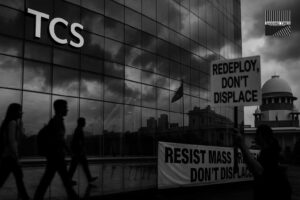


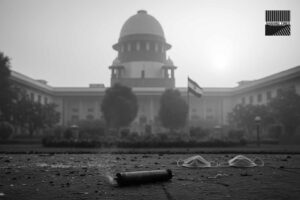



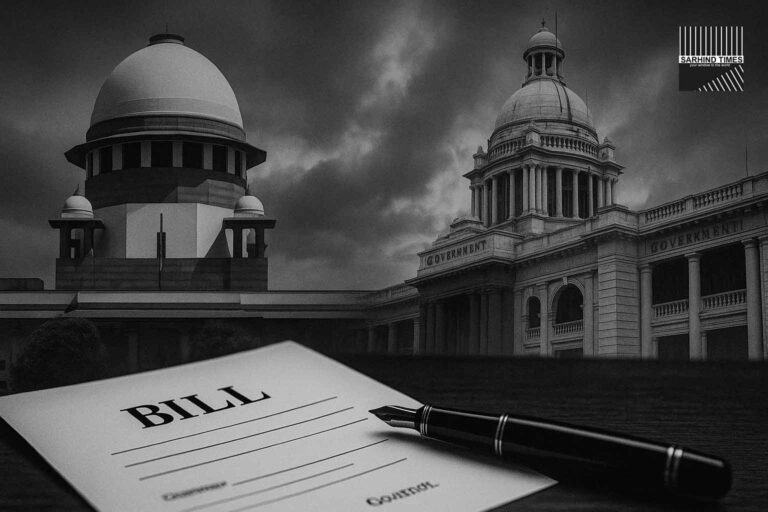
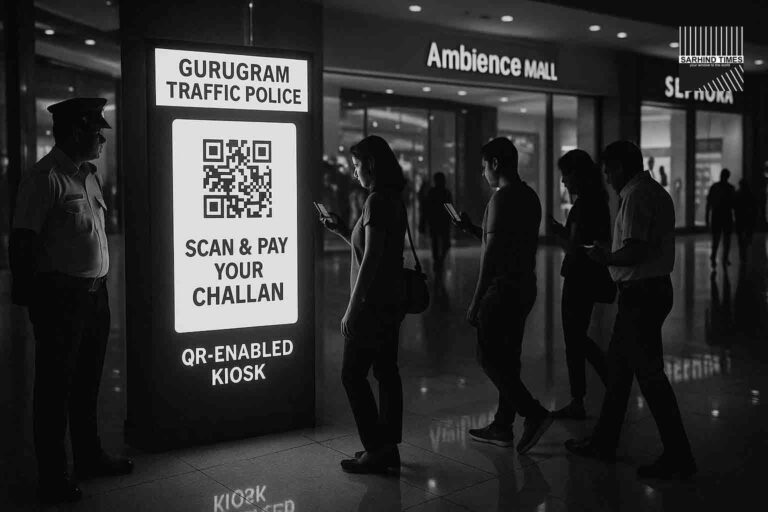
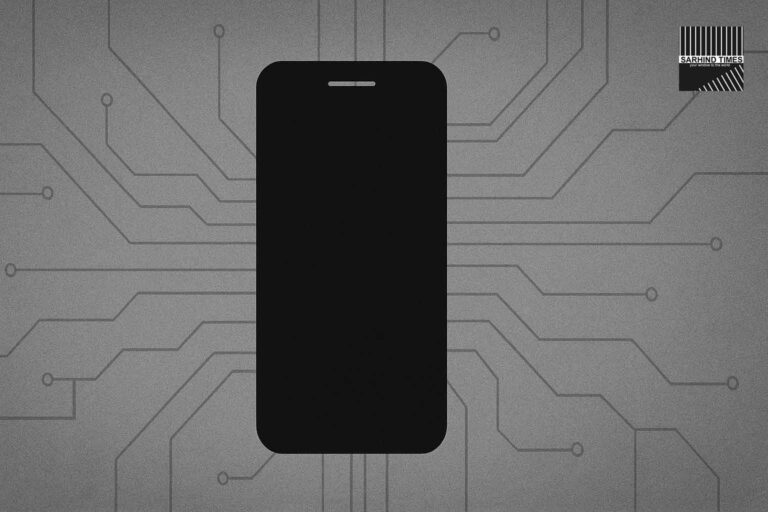
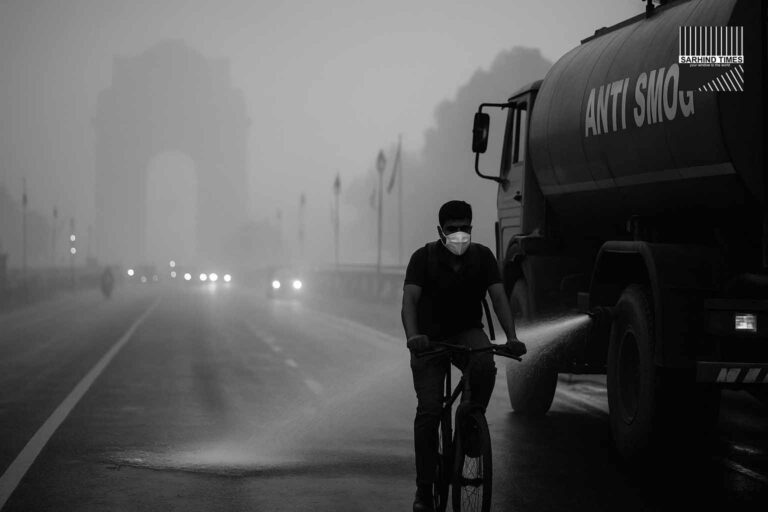
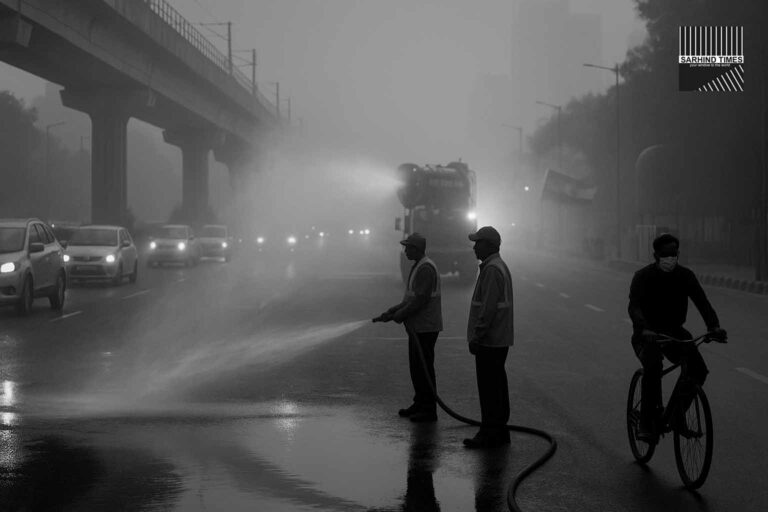

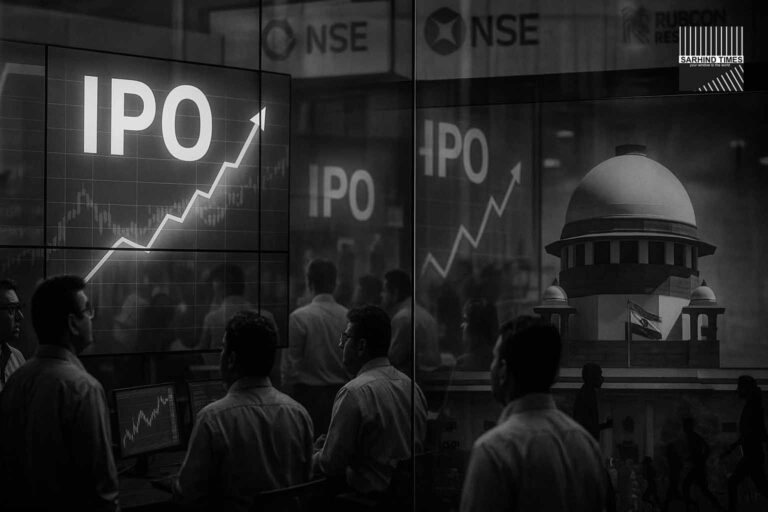
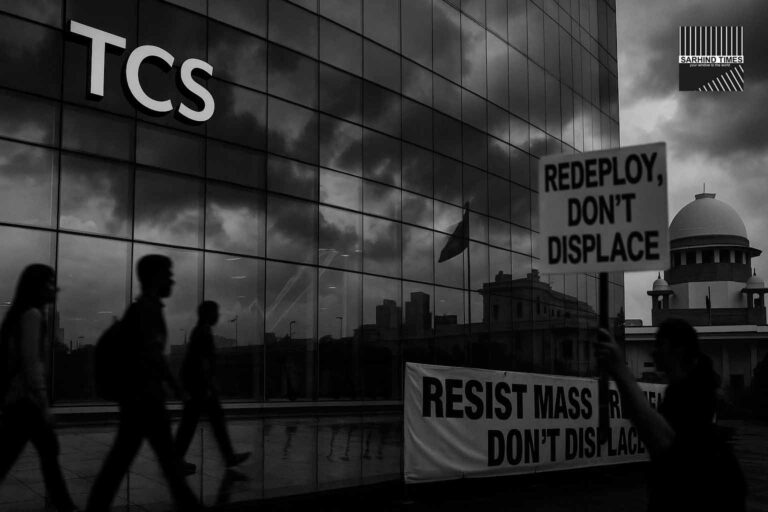
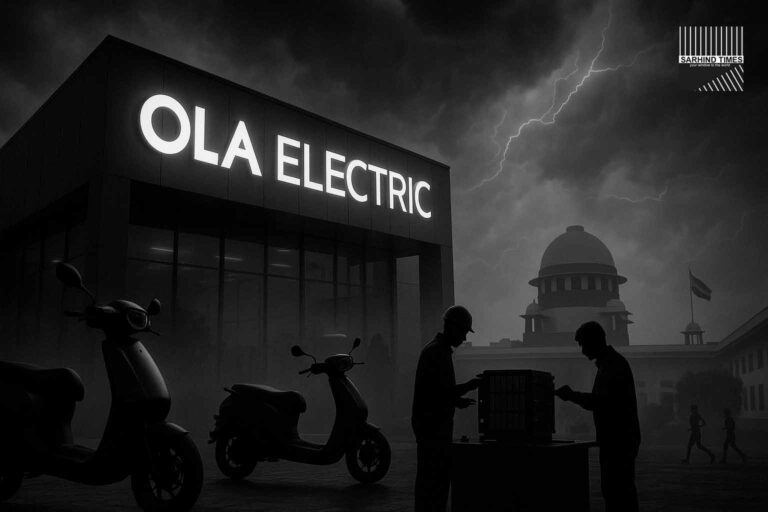

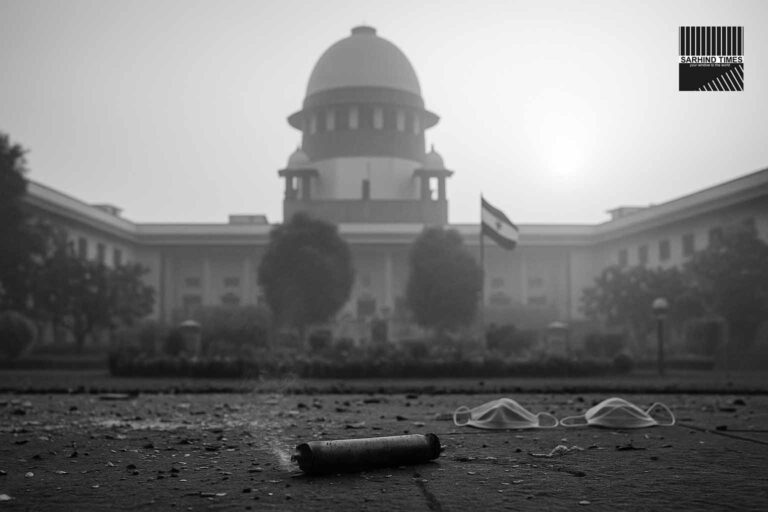
+ There are no comments
Add yours